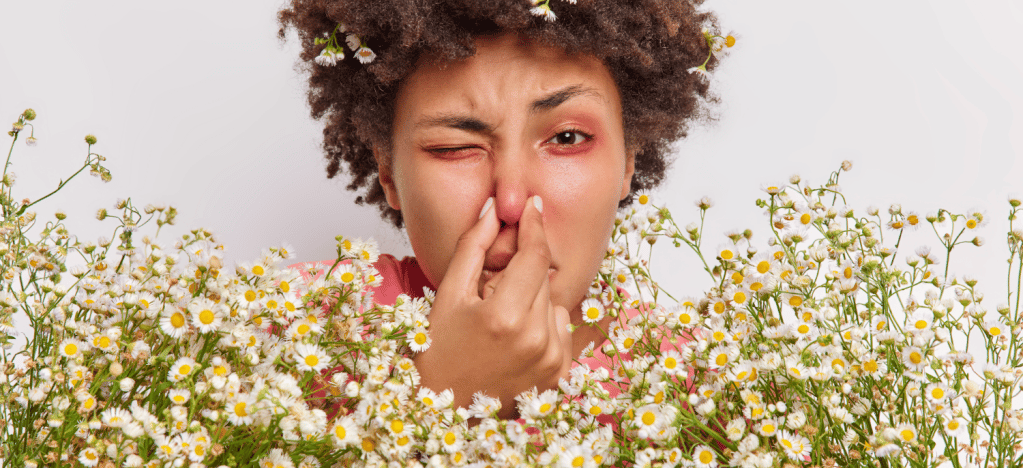lIFE IS TOUGH MAKE IT CHILLABLE!
Allergies or Cold?
Allergies or Cold? How to Tell the Difference. When spring rolls around, a lot of us start to feel all stuffed up and sneezy. These symptoms are often seen in cases of both colds and allergies fever. But how can we tell the difference?
HEALTH & WELLNESS
R.N.
7/11/20252 min read


Allergies or Cold? How to Tell the Difference
When you wake up with a runny nose, sneezing, and watery eyes and think, “Am I getting sick?” Is it allergies? Figuring out if it’s seasonal allergies or a cold can feel like detective work.
Allergies and colds can feel similar, but they are different. Allergies happen when your immune system overreacts to harmless things like pollen. A cold is when your body fights a virus. The good news is that once you know what to look for, telling them apart becomes easier.
The Sneaky Similarities
Allergies and colds can make you feel like you need a box of tissues with you all the time. You might have symptoms like:
Runny or stuffed nose
Sneezing
Tiredness
Coughing (sometimes)
These signs can happen with both allergies and colds, which is why it can be tricky to tell them apart.
How to tell the difference
Getting hit with a case of allergies, or a cold is definitely no fun. And both conditions can make you feel pretty miserable and uncomfortable.
Itchy eyes, nose, or throat? That’s usually allergies. Colds don’t make you itchy.
Fever or body aches? That points to a cold (or even the flu), not allergies.
Timing: Colds usually last 7–10 days. Allergies last as long as you are exposed to the trigger, like pollen, dust, or pet dander.
Mucus color: With a cold, mucus can get thicker and yellow/green. Allergies usually mean clear, watery drip.
Seasonal patterns: Sniffling every spring when the flowers bloom? Probably allergies.
What You Can Do
If it’s a cold: Rest, hydrate, and let your body fight it off. Over-the-counter meds can help with congestion or sore throat.
If it’s allergies: Antihistamines, nasal sprays, or avoiding your triggers can make a big difference. And yes—sometimes that means saying goodbye to your friend’s cat (at least for now).
The Bottom Line
Usually, you can tell if you have allergies or a cold by looking at how long it lasts, whether you have a fever, and how your symptoms appear. If you’re unsure, or if symptoms are Severe or last longer than expected, you should see a healthcare provider. They can tell you what you have and suggest the best treatment.
Remember, whether it’s allergies or a cold, be patient with your body as it heals. And keep some tissues handy just in case—you’ll likely need them.
Thanks for reading
Subscribe, read new articles and support our work along the way.
Similar Posts
Life Is Tough Make It Chillable!
LITMICH © 2025. All rights reserved.


